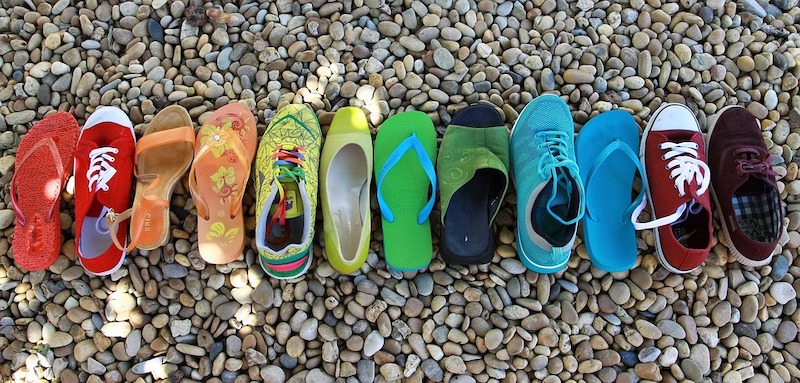GSRD Clients – Do We Need Specialist Training?
-
-
Dominic Davies
Dominic Davies founded Pink Therapy in 1999. Twenty years on, and on the 50th anniversary of the Stonewall Riots, he addresses the question of whether specialist training is still needed to work with gender, sexual and relationship diversity. Whether you are a GSRD-identified therapist, or a cisgender and heterosexual therapist, what might be the essentials for working with GSRD clients?

Happy Pride Month! It’s 50 years since the Stonewall Riots in New York, which is often credited with being the birth of the gay rights movement. Which isn’t true, but let’s not waste this blog on a history lesson!
I’m 60 this year and have spent well over half my life working as a therapist and as a tireless educator to raise awareness about the lives of what, for some years now, many of us have been referring to as Gender, Sexual and Relationship Diverse (GSRD) people. Our thinking has moved beyond the more frequently used LGBT+ (lesbian, gay, bisexual, trans), the plus being all the other identities that comprise LGBTTIQQ2S, which still excludes lots of identities (asexuality, BDSM/kink digisexual etc). So I think our rather ugly sounding ‘GSRD’ is at least a briefer way to encapsulate the diversity of many of the current and still emerging identities and practices.
Two irreconcilable questions…
Despite my best efforts in setting up Pink Therapy, co-editing the first three British textbooks, and running training programmes and a specialist diploma level online course internationally, I frequently come across two irreconcilable questions:
A: “I seek to treat everyone the same as we’re all human, so why do I need specialist training to work with LGBT people?”
B: “Why didn’t my initial training prepare me for working with GSRD clients?”
The second question emerges primarily from therapists who identify as having a GSRD identity or are working with clients who do. And I guess the second question answers the first! Those with first-hand knowledge of the struggles of the communities they are involved with understand how much more there is to know, and how unprepared they were for working with some of the issues faced.
I certainly know I’ve never stopped learning, and there is so much still to learn. Reports of poor practice and feeling judged, or needing to educate the therapist, are common in my consulting room and those of my colleagues. I feel there is something amiss amongst my professional colleagues. It’s mostly due to cis-normative and heteronormative bias within the profession regarding seeking further training. And yet clients with GSRD identities are over-represented in the therapy population, while research shows GSRD folk have much poorer mental health.
This leaves me pondering the question: is it ethical to take on a client when you’ve not been trained to do so?
The essentials…
I’m often asked what I think is the minimum level of training required to work with GSRD clients. The Memorandum of Understanding on Conversion Therapy, which has been signed by all the leading counselling and psychotherapy bodies, says it should go beyond only working with requests for ‘cure’, and proposes the BPS Guidelines on Working with Gender and Sexual Diversity, which is a pretty comprehensive set of guidelines for most non-specialist (generic) therapists.
But the basics should, in my view, include:
· An understanding of the impact of minority stress and micro-aggressions on mental health
· Being able to work with the complexity of various intersectional identities
· An understanding of why coming out might not be a healthy option for some people
This would be in addition to understanding how to work with people who present with tremendous conflict in accepting their same-sex attractions, or who are unhappy with the gender they were assigned at birth.
I do not hold the view that someone who identifies as one (or more) of the GSRD identities can only be helped by a GSRD-identified therapist. Working with someone who is cisgender and heterosexual could be highly beneficial for some clients. But there can also be some advantages to having lived experience. However, I don’t accept that a shared sexual or gender identity is sufficient qualification or ‘training’ to work with our communities. If anything, I think we should be more highly trained, as we are likely to be sought out by GSRD clients for additional help.
For those therapists who have already undertaken specific training in working with GSRD clients, can I encourage you to apply for our Accreditation scheme (for which there are two levels, Standard and Advanced, depending on how much training you have had). These are intended to help clients identify which are the trained and experienced practitioners out there, who have their best interests at heart and have been trained to help.
Dominic Davies is the founder and CEO of Pink Therapy. To find out more about training in working with GSRD clients, visit www.pinktherapy.org